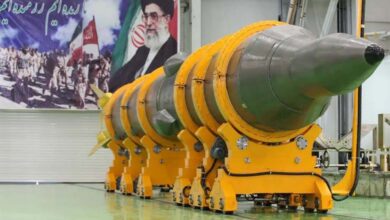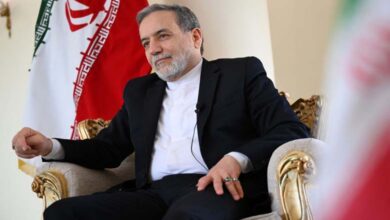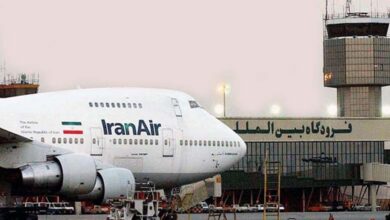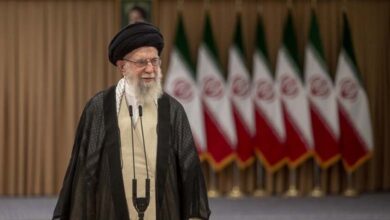The Saudi-Iranian agreement… How does the rapprochement affect calming conflicts and situations in Iraq?
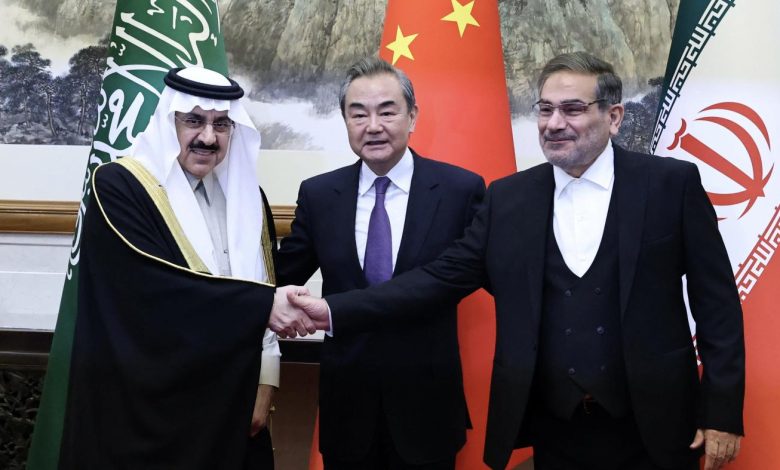
Following the announcement of the Saudi-Iranian agreement, described by some as historic for easing tensions and normalizing relations between the two countries, which is considered an important development in the political landscape of the Middle East, the agreement has far-reaching implications for other countries, including Iraq.
Iraq, long caught in the middle of the Saudi-Iranian rivalry, could also benefit from improved relations between the two countries, as Iraq has suffered from rising tensions by the Iranian militia in the country and Iranian ambitions and the plundering of Iraq’s riches, wealth, and political instability and Iranian interference in internal affairs for decades.
Iran’s interventions in Iraq
Iraq has also witnessed Iranian interference in all political, economic, and social aspects, and the Saudi-Iranian agreement may provide a respite among all parties, especially Iraq, which is in a state of political revival, to get rid of regional tensions that are impeding the region’s progress.
Iraq played a major role in mediating between Saudi Arabia and Iran, after Baghdad hosted rounds of dialog between the two sides. The agreement is expected to reflect positively on the Iraqi arena, and the Saudi-Iranian rapprochement may contribute to bridging the rift between the Shiite and Sunni powers in Iraq, which means contributing to resolving the problems since 2003.
Reducing tensions with Tehran would also halt the inflammatory rhetoric against the Kingdom from Iran’s Iraqi media outlets, perhaps by positively engaging Riyadh and Tehran with the Jordan, Iraq, and Egypt alliance known as the “New Levant” and increasing cooperation among its members, leading to greater support for Iraq’s security and stability.
For all of these advantages, the Saudi-Iranian deal is unlikely to reduce or end Iran’s military influence in Iraq.
Saudi-Iranian agreement reassuring
Dr. Abdul Karim al-Wazzan, an Iraqi strategist, said the Saudi-Iranian agreement reassures the Gulf, especially since the Gulf is within the reach of Iranian missiles in case of any American or Israeli attack on Iran or its nuclear reactor.
Al-Wazzan added that the agreement reflects international aspirations to protect interests such as protecting America’s. However, the agreement, despite what it included, does not mean that Israel and the United States have stopped their intentions to launch strikes against Tehran.
Al-Wazzan said the Saudi-Iranian agreement reflects the calm situation in Iraq, but it does not stop Iran’s ambitions to build up its forces and threaten Israel’s security, as represented by the agreement between the Gulf Arab states and regional countries.



